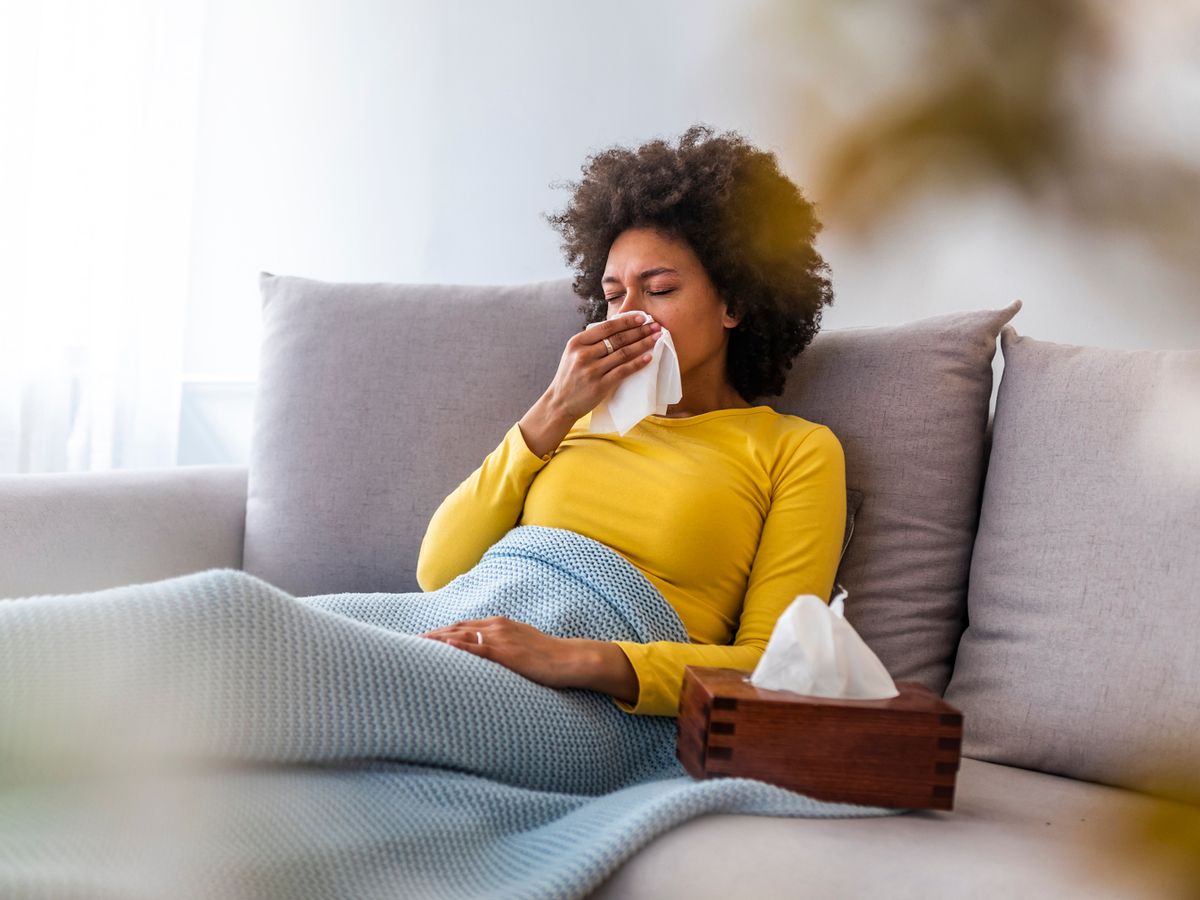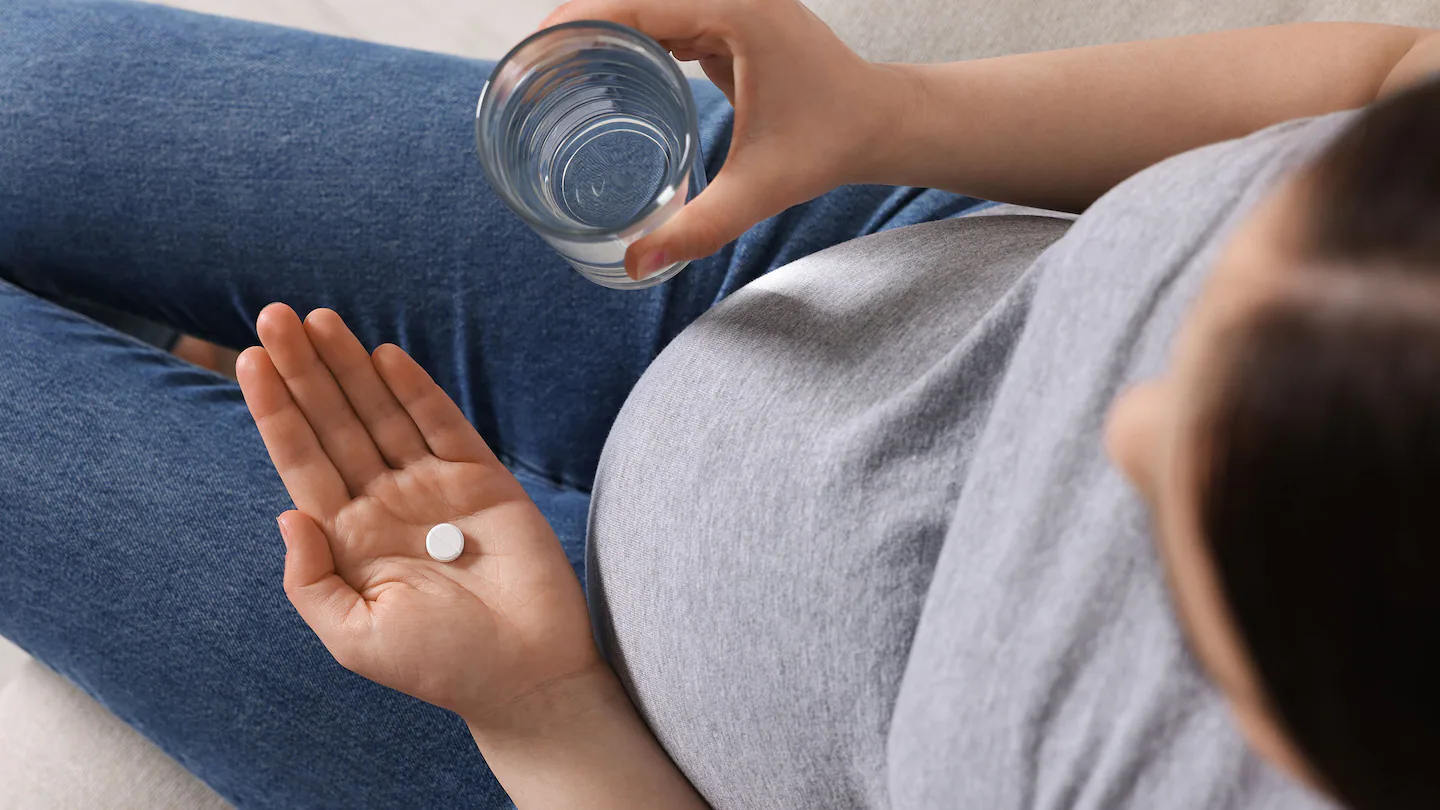By Ben Hurst,Ben Test Hurst-BM,Liv Clarke
Copyright manchestereveningnews

New variants of Covid-19 are behind a surge in cases in the UK, new details have revealed. Those who are eligible are being urged by the Health Security Agency to book their free vaccinations in an effort to control an expected rise in infection rates in the coming months. There‚Äôs currently a new strain of Covid, known as Stratus, along with its variants XFG and XFG. 3, circulating in the UK, which is behind a significant number of cases in England. Those infected with the Stratus variant could experience a unique symptom as it causes people to have a hoarse voice. The variants are being monitored by experts from the UK Health Security Agency (UKHSA) and the World Health Organisation (WHO). However, they are not overly concerned and have stated that viral mutation is a normal occurrence, KentLive reports. Never miss a story with the MEN’s daily Catch Up newsletter – get it in your inbox by signing up here The UKHSA reported in a recent warning that COVID-19 positivity has risen from 7.6% to 8.4% within a week. There has also been a slight increase in flu positivity: 1.3% compared with 1.1% the previous week. The agency is encouraging people to use the NHS national booking system to schedule their free vaccinations against both flu and COVID-19. It added that RSV vaccinations can also be booked online or through local GPs. The UK Health Security Agency is encouraging individuals to book their jabs for flu, COVID-19 and RSV as cases begin to rise in anticipation of the winter months. The most recent national flu and COVID-19 surveillance report indicates a steady increase in cases over several weeks, with COVID-19 positivity rising from 7.6% to 8.4% within a week. Hospitalisations due to COVID-19 have also seen an increase from 2.00 per 100,000 to 2.73 per 100,000. The UKHSA stated: “To ensure people are protected ahead of the peak respiratory illness season, UKHSA is highlighting the importance of taking up the free NHS offer as soon as you are invited for vaccination. Pregnant women and millions of children have already been able to get vaccinated, with appointments for most eligible groups available from 1 October. Vaccination offers the best protection against respiratory viruses such as flu, COVID-19 and RSV and the NHS national booking system means it’s easier than ever to book your appointment and get protected.” For the first time this year, toddlers, along with other eligible groups, can receive their flu jab, administered as a nasal spray, at community pharmacies. To boost uptake this winter, the government has also launched a fresh vaccination communications campaign this week, advising people of the measures they can take to shield themselves against flu this winter. The ‘Stay Strong. Get Vaccinated’ campaign, created by The Department of Health and Social Care, alongside UKHSA and NHS England, will target different eligible groups and will be broadcast across various channels including TV, video on demand, radio, outdoor and social media. UKHSA also reports a substantial rise in the virus that triggers the common cold, likely fuelled by schools returning after the summer holidays. Rhinovirus positivity climbed to 14.8% compared with 10.9% the previous week. Everyone is urged to maintain good hygiene with regular handwashing and using tissues to limit the spread. Dr Jamie Lopez Bernal, Consultant Epidemiologist at UKHSA, said: “Flu and COVID-19 levels are starting to slowly increase. While this is to be expected at this time of year, now is the time for people to come forward for their winter vaccines if they’re eligible, before we start to see more of these viruses in circulation in the winter months. “Vaccination offers the best protection against flu, COVID-19 and RSV which is why it’s vital that eligible groups get vaccinated. If you have symptoms of flu or COVID-19 such as a high temperature, cough and feeling tired and achy, try to limit your contact with others, especially those who are vulnerable. If you have symptoms and need to leave the house, our advice remains that you should wear a face covering. Washing hands regularly and using and disposing tissues in bins can reduce the spread of respiratory illnesses.” Join the Manchester Evening News WhatsApp group HERE Those eligible for the flu jab include: people aged 65 or over (including those who will be 65 by 31 March 2026), individuals with certain long-term health conditions, expectant mothers, care home residents, main carers for elderly or disabled people, or those living with someone who has a compromised immune system. Regarding the COVID-19 vaccination, this encompasses: individuals aged 75 or over (including those who will be 75 by 31 January 2026), people aged 6 months to 74 years with compromised immune systems due to health conditions or treatment, and care home residents for older adults. The RSV vaccination is offered to: expectant mothers (at 28 weeks pregnant or more), individuals aged 75-79, and those who turned 80 years old after 1 September 2024. UKHSA publishes guidance for individuals experiencing symptoms of respiratory infections including COVID-19, or those with positive COVID-19 test results. The UK Health Security Agency (UKHSA) is responsible for preventing, preparing for, and responding to infectious diseases and environmental hazards in order to keep our communities safe, save lives, and protect livelihoods. To book a vaccination, click here . For more of today’s top stories, click here.



